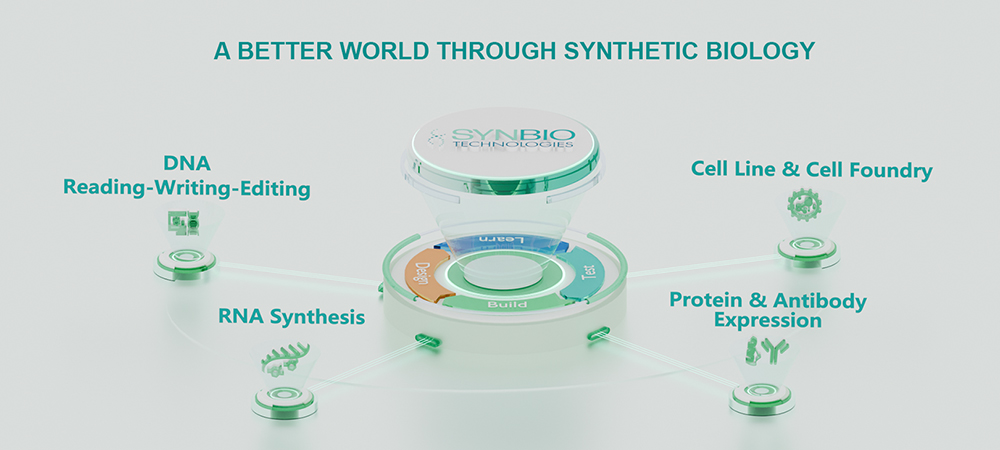Table of Contents

The rapid advancement of dna synthesis technology has transformed the biotechnology landscape, enabling unprecedented capabilities in genetic engineering and synthetic biology. As this market continues to grow, it is imperative to examine the legal and regulatory attributes that govern these technologies. Understanding these frameworks not only ensures compliance but also fosters innovation while safeguarding public interests.
Understanding the Legal Framework Surrounding DNA Synthesis Technology
DNA synthesis technology encompasses a range of processes used to create artificial DNA sequences for various applications, including research, medicine, and agriculture. Its legal characteristics are multifaceted; they involve intellectual property rights, bioethics considerations, and compliance with safety regulations. Particularly relevant are Employment and Labor Policies that arise from advancements in this field—these policies must adapt to address new roles created by technological innovations while ensuring fair labor practices within biotechnological enterprises.
Find more about dna oligonucleotide.
Diving Deeper into Oligonucleotides and Employment Policies
Oligonucleotides play a crucial role in molecular biology as short strands of nucleic acids used for various applications such as gene editing or diagnostics. In terms of Employment and Labor Policies, companies engaged in oligonucleotide production must navigate issues related to workforce training on advanced techniques and ensure equitable working conditions amidst evolving job requirements. Additionally, there is an increasing emphasis on creating inclusive workplaces that can accommodate diverse skill sets necessary for operating sophisticated synthesis technologies.
The Role of Synthetic Biology (Synbio) in Shaping Employment Standards

Synthetic biology represents a significant leap forward in our ability to design biological systems tailored for specific purposes. This burgeoning field necessitates robust Employment and Labor Policies that reflect its unique challenges—such as ethical hiring practices for specialized roles requiring interdisciplinary expertise across genetics, engineering, computer science, and environmental studies. Furthermore, organizations must prioritize ongoing education initiatives aimed at upskilling their workforce to keep pace with rapid technological changes inherent within Synbio projects.
Conclusion
In summary, the intersection between DNA synthesis technology and Employment/Labor Policies reveals critical insights into how we manage human resources amid transformative scientific advancements. As we continue navigating this complex landscape characterized by innovative breakthroughs like oligonucleotides and synthetic biology applications, it becomes increasingly vital for stakeholders—including policymakers—to establish clear guidelines that promote both progressiveness in employment standards while protecting workers’ rights within this dynamic industry.



